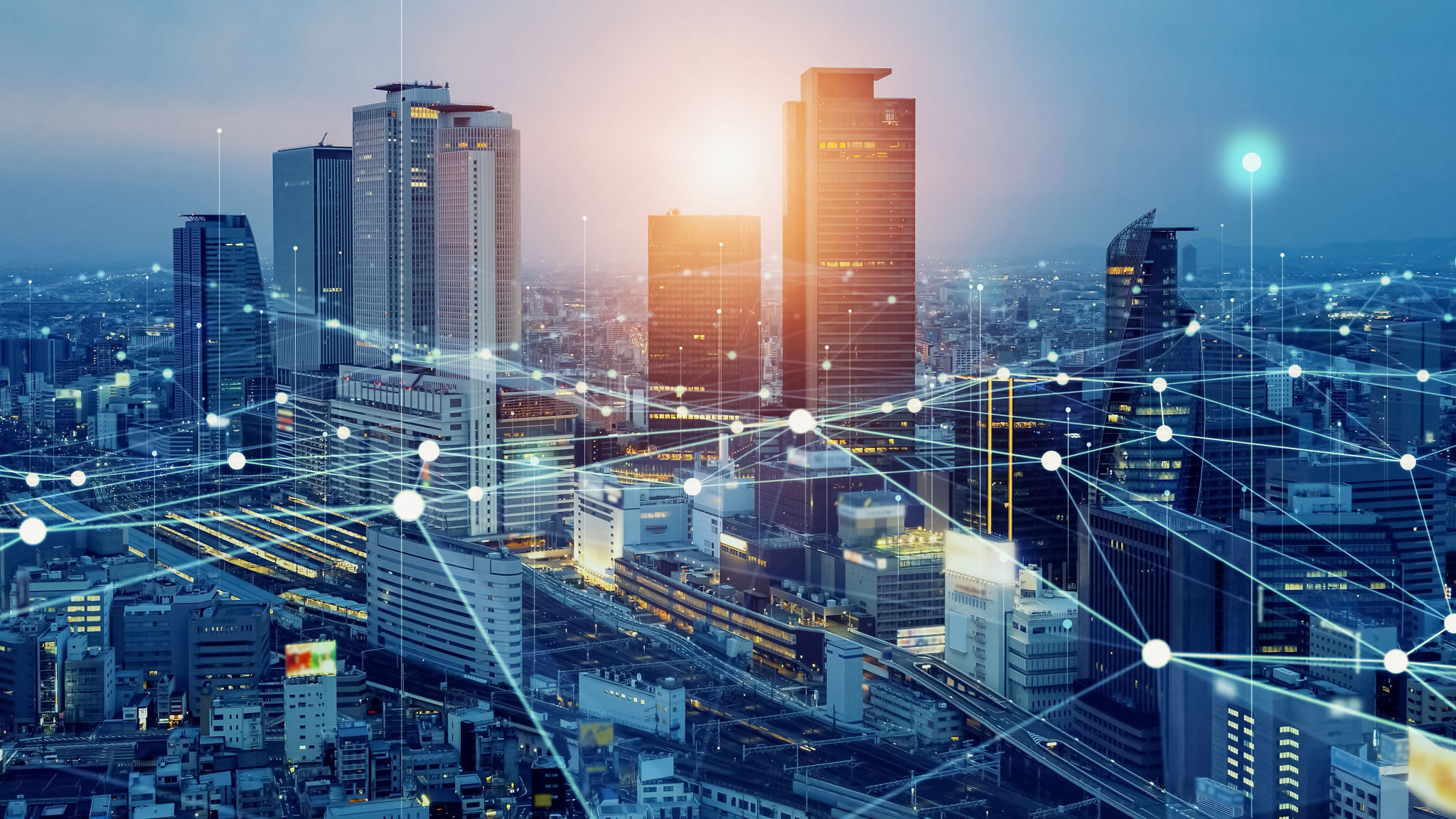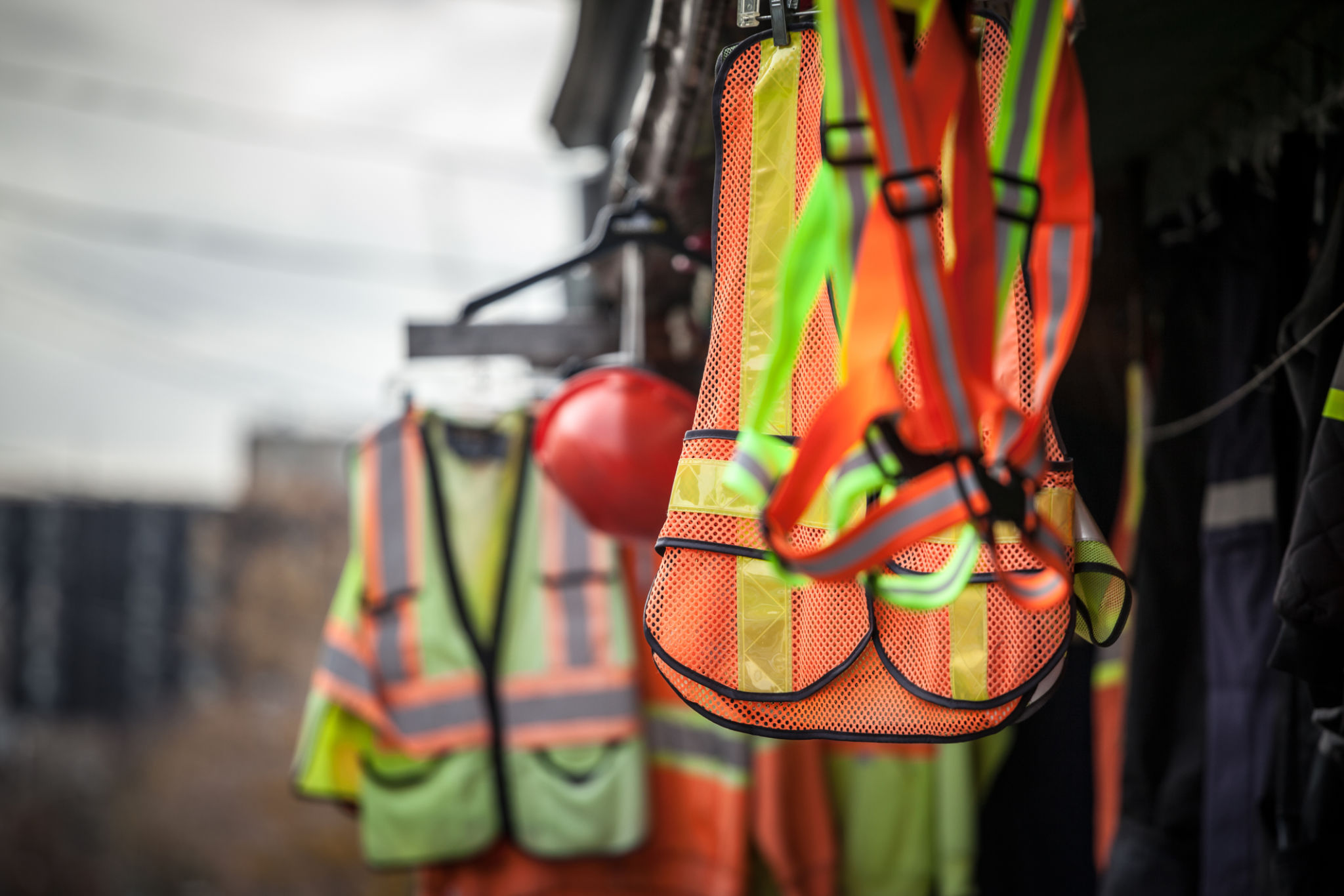How AI is Revolutionizing Construction: A Guide for Builders
Introduction to AI in Construction
The construction industry is experiencing a significant transformation with the integration of Artificial Intelligence (AI). As a field traditionally reliant on manual labor and conventional methods, construction is now embracing cutting-edge technologies to enhance efficiency, safety, and innovation. This guide delves into how AI is revolutionizing the construction sector, offering builders insights into leveraging these advancements.

AI-Driven Design and Planning
AI technology is reshaping the way architects and engineers approach design and planning. By using AI algorithms, builders can now create more accurate and efficient designs. These algorithms analyze vast amounts of data to optimize building layouts, select materials, and predict potential challenges. This leads to smarter designs and reduces the likelihood of costly errors during construction.
Moreover, AI-powered software can generate multiple design iterations quickly, allowing teams to visualize and select the most efficient options. This not only saves time but also enhances creativity by exploring possibilities that might not be immediately apparent to human designers.
Enhancing Construction Site Safety
Safety is a paramount concern in construction, and AI is playing a crucial role in mitigating risks. AI systems are now capable of monitoring construction sites in real-time, identifying hazards, and alerting supervisors to potential dangers. This proactive approach helps prevent accidents and ensures that safety protocols are rigorously followed.

Drones equipped with AI technology are also being utilized to conduct site inspections. They provide high-resolution images and data that help identify structural weaknesses or safety violations without putting human workers at risk.
Optimizing Project Management
AI is revolutionizing project management by offering predictive analytics that can foresee project delays or budget overruns. By analyzing historical data and current project parameters, AI systems provide insights that help managers make informed decisions, allocate resources efficiently, and keep projects on schedule.
- Predictive analytics for project timelines
- Resource allocation optimization
- Real-time progress tracking
Improving Quality Control
The integration of AI in quality control processes ensures that construction projects meet high standards consistently. AI tools can analyze construction materials and techniques in real-time, ensuring compliance with industry standards. This reduces the likelihood of defects and enhances the overall quality of the finished structure.

Furthermore, machine learning algorithms can identify trends in quality issues, helping companies address root causes and improve practices over time. This leads to increased client satisfaction and a stronger reputation for construction firms.
The Future of AI in Construction
The potential of AI in the construction industry is vast and continually expanding. As technology evolves, we can expect more sophisticated AI systems that further streamline operations, enhance safety measures, and drive innovation. Builders who embrace these changes will be well-positioned to lead the industry into a new era of efficiency and excellence.
In conclusion, AI is not just a supplementary tool for the construction industry; it is a transformational force that is redefining how projects are conceived, executed, and completed. Builders who harness the power of AI will undoubtedly set themselves apart in a competitive market.